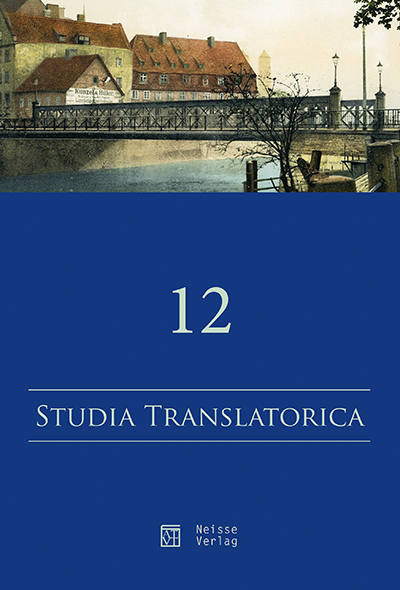Cognitive development and humor processing in children – how knowledge on children’s capacity to detect and interpret humor can suport the translator in the translation process
Cognitive development and humor processing in children – how knowledge on children’s capacity to detect and interpret humor can suport the translator in the translation process
Author(s): Sylwia KlosSubject(s): Translation Studies
Published by: Oficyna Wydawnicza ATUT – Wrocławskie Wydawnictwo Oświatowe
Keywords: humor; mind; translation; developmental psychology; children’s literature
Summary/Abstract: In my article, based on the research carried out by Jean Piaget and Paul McGhee (and others), I would like to focus on how children understand humor at different stages of their psychological development. Such knowledge on developmental psychology can turn out indispensable while translating humor in the literature devoted to children. Younger children will appreciate linguistic humor based on phonological ambiguity as they like playing with sounds. Early school children will recognize ambiguous word meanings and therefore will be able to enjoy semantic dimensions of the humorous texts. The theoretical part of the article will be supported by some examples of translations of wordplays from English into Polish and Portuguese in European and Brazilian versions taken from “Alice in Wonderland” by Lewis Carroll.
Journal: Studia Translatorica
- Issue Year: 2021
- Issue No: 12
- Page Range: 93-107
- Page Count: 15
- Language: English

